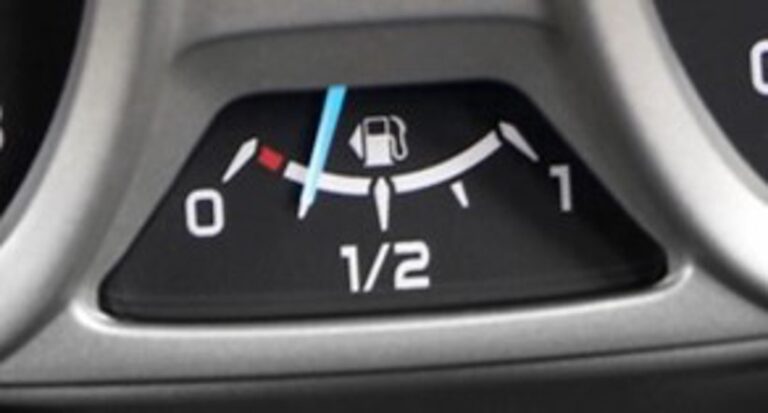– By Jim McKinlay, General Manager APAC, Verizon Connect –
Rising fuel costs are an ongoing challenge faced by fleet managers. According to the Australian Institute of Petroleum, in the week ending 30th September 2018, the national average ULP (cents per litre, inclusive of GST) peaked at 157 cents per litre, making it the highest national average pump price ever.
These findings align with research by Verizon Connect, which found that fuel accounts for an average of 30 percent of total expenses for fleet businesses, with many fleets spending millions of dollars every week on fuel.
With this in mind, now is the time for businesses to pay close attention to how they can reduce fuel wastage, and in turn, fuel costs. Let’s unpack three ways to do just that:
- Adequately claim your fuel tax credits
Many fleet owners are under-claiming fuel tax credits as they can’t verify their fleet’s off-road journeys. Businesses end up claiming the minimum rebate of 15.4* cents for public roads, instead of the higher rate of 41.2 cents, because they can’t verify their off-road usage.
Using the right reporting software can help you uncover the full amount of fuel consumed off road. Such software can analyse your trips against an elaborate database of private and public roads in Australia, allowing you to maximise the dollar amount credited back to your business through comprehensive vehicle tracking, engine use and private road mapping.
This additional proof of private road fuel consumption can be added to your Business Activity Statements (BAS) straight away, for month on month improvements in your tax credits- including claims for off-road fuel consumption by auxiliary equipment and idling.
- Help eliminate fuel card misuse
Fuel cards provide a convenient way to manage your fleet’s fuel expenditure. While companies with a fuel card place trust in their drivers to only purchase fuel for the company vehicle, this isn’t always the case. Employees may be filling up their personal car with the company fuel card.
Fuel card integration with a fleet management system helps eliminate fuel card abuse. You’re able to identify if fuel pumped into the vehicle exceeded the tank of the assigned vehicle, or even it the company vehicle wasn’t at the pump at the time the card was used. This also builds a clear understanding of how fuel is being consumed across your business, which can lead to substantial savings.
*For the latest FTC rates please refer to the ATO website.
- Prevent staff misuse of company vehicles
Do your drivers use your company vehicle – and your company fuel – to run personal errands after hours? If an employee has their vehicle sitting in the driveway, it’s all-too-easy to choose the company vehicle for an outing, instead of their own personal car. Not only does this waste fuel, it adds wear and tear to your vehicle. On top of this, if an employee were to have an accident in a company vehicle, outside work hours, your business could incur insurance costs.
GPS vehicle tracking provides insight into vehicle location at all times, enabling fleet managers to keep where vehicles are and how they’re being used. Should an incident occur outside work hours, data can help identify which employee is responsible. So, the individual incurs the excess, rather than putting the business out of pocket.
Overall, it’s important for all fleet managers to have systems in place to ensure their fleet isn’t paying more than it has to for one of its largest expenses – fuel. By using GPS fleet tracking technology you’re able to stay one step ahead and help ensure the profitability of your fleet.






